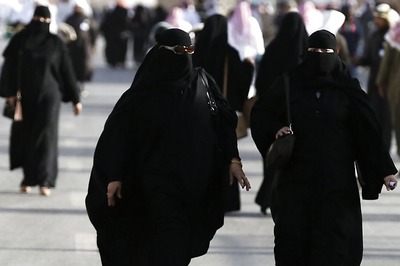
views
New Delhi: India will not scale down its multi-billion dollar food welfare programme that promises ultra-cheap rice and wheat to most of its people despite a high-level recommendation, a top government source said on Wednesday.
A panel set up by Prime Minister Narendra Modi last month urged the government to lower the number of beneficiaries to 40 per cent from 67 per cent as part of efforts to trim the $18.64 billion food subsidy bill that drains stretched state finances.
"No way," said the top-level source involved in the decision making. "We're deeply committed to our social welfare programmes, including our food security measures. There is no question at all of cutting down the number of beneficiaries."
The view in the government is that cutting back on the handouts will anger voters ahead of key state elections in poor but politically heavyweight states like Bihar, the source said.
Modi's party faced its first election loss in Delhi this month after a winning streak of more than eight months that began with his thumping victory in the general election last May.
"Any reduction in the number of beneficiaries will lead to genuine anger among voters," the source said, declining to be named. "We should not been seen deviating from our duty to ensure food security to every single Indian."
India, the world's biggest rice and wheat producer after China, spends billions of dollars to ensure highly subsidised food for millions of the poor. But nearly half of the ultra-cheap rice and wheat meant for the welfare programme is either stolen or wasted, straining government resources.
Modi formed the panel in August to suggest an overhaul of the theft-prone food distribution network. The food ministry is examining the report and will convey its views to Modi for a final decision, said the source.
Food ministry spokesman N.C. Joshi declined to comment.
The government is however looking into the other suggestions of the panel such as cutting bureaucratic red tape in allowing rice and wheat exports from overflowing grain bins and strengthening grains procurement from the eastern states.
"Other than lowering the number of people who are entitled to subsidised food, we are examining other recommendations," said the source.



















Comments
0 comment